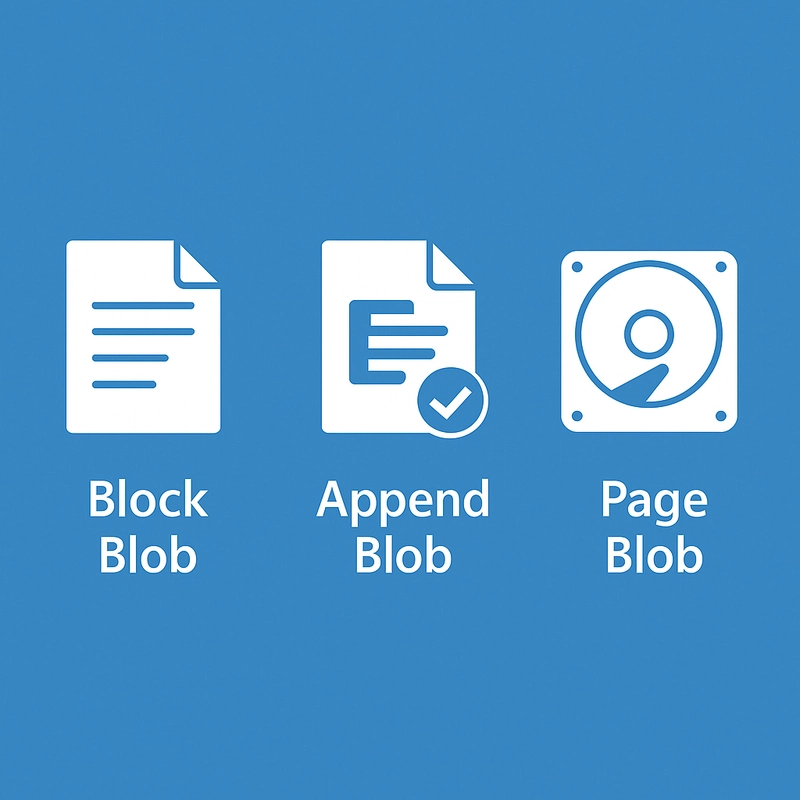What Would Rust Be Without Cargo? A Beautiful Disaster
Ask any developer who’s used Rust what made the experience special. Sure, they’ll mention memory safety, fearless concurrency, and expressive types. But dig a little deeper, and something else almost always comes up: Cargo. Rust’s package manager and build tool isn’t just “nice to have.” It’s the invisible architecture that makes Rust practical, structured, and even joyful. Now imagine Rust without it: No standard project layout. No dependency management. No easy testing or publishing. No cargo build, cargo test, or cargo run. Just a complex, opinionated systems language... with zero guidance or tooling. It would be a beautiful disaster—full of promise, but hard to harness. Now Think About Shell Scripts Shell is ancient, universal, and indispensable. But if we’re honest, scripting in Bash or Dash often feels like stepping back in time. Despite its power, shell scripting is stuck in the dark ages: Scripts are ad-hoc and fragile. Logic is duplicated everywhere. There's no clear way to structure or modularize projects. Reuse? Testing? Versioning? Almost nonexistent. It’s like we’ve been using Rust, but without Cargo—for decades. What If Cargo Existed for Shell? That’s the question that led me to something surprisingly elegant: Mush — Modular Unix SHell Mush brings to shell scripting what Cargo brings to Rust: A project structure Dependency management Reusable packages and modules Testing and build automation Easy distribution Mush speaks native shell, but gives it modern development tooling—without breaking the Unix philosophy. Mush in Action Let’s say you want to start a portable, testable, modular shell script project. Just run: curl get.javanile.org/mush | sh mush new hello_world cd hello_world mush run In seconds, you're working inside a fully structured shell project, with support for: extern packages cross-shell compatibility (Bash, Dash, Zsh, Ksh, BusyBox) integrated testing easy publishing You can even compose complex toolchains by stacking modules, just like you would with Rust crates. Why It Matters Just as Cargo turned Rust into a practical ecosystem, Mush is doing the same for shell scripting. Without tooling, even the most elegant language becomes brittle. And with the right tooling, even an ancient language like shell becomes powerful again. Mush doesn't try to reinvent shell—it unlocks its potential. Closing Thought Rust without Cargo would have been a niche tool for systems nerds. Shell without Mush... well, that’s what we’ve been living with. It’s time for that to change. If you believe scripting deserves structure, If you want reuse, modularity, and sanity in your shell workflows— Give Mush a try.

Ask any developer who’s used Rust what made the experience special.
Sure, they’ll mention memory safety, fearless concurrency, and expressive types.
But dig a little deeper, and something else almost always comes up:
Cargo.
Rust’s package manager and build tool isn’t just “nice to have.”
It’s the invisible architecture that makes Rust practical, structured, and even joyful.
Now imagine Rust without it:
- No standard project layout.
- No dependency management.
- No easy testing or publishing.
- No
cargo build,cargo test, orcargo run.
Just a complex, opinionated systems language... with zero guidance or tooling.
It would be a beautiful disaster—full of promise, but hard to harness.
Now Think About Shell Scripts
Shell is ancient, universal, and indispensable.
But if we’re honest, scripting in Bash or Dash often feels like stepping back in time.
Despite its power, shell scripting is stuck in the dark ages:
- Scripts are ad-hoc and fragile.
- Logic is duplicated everywhere.
- There's no clear way to structure or modularize projects.
- Reuse? Testing? Versioning? Almost nonexistent.
It’s like we’ve been using Rust, but without Cargo—for decades.
What If Cargo Existed for Shell?
That’s the question that led me to something surprisingly elegant:
Mush — Modular Unix SHell
Mush brings to shell scripting what Cargo brings to Rust:
- A project structure
- Dependency management
- Reusable packages and modules
- Testing and build automation
- Easy distribution
Mush speaks native shell, but gives it modern development tooling—without breaking the Unix philosophy.
Mush in Action
Let’s say you want to start a portable, testable, modular shell script project. Just run:
curl get.javanile.org/mush | sh
mush new hello_world
cd hello_world
mush run
In seconds, you're working inside a fully structured shell project, with support for:
-
externpackages - cross-shell compatibility (Bash, Dash, Zsh, Ksh, BusyBox)
- integrated testing
- easy publishing
You can even compose complex toolchains by stacking modules, just like you would with Rust crates.
Why It Matters
Just as Cargo turned Rust into a practical ecosystem, Mush is doing the same for shell scripting.
Without tooling, even the most elegant language becomes brittle.
And with the right tooling, even an ancient language like shell becomes powerful again.
Mush doesn't try to reinvent shell—it unlocks its potential.
Closing Thought
Rust without Cargo would have been a niche tool for systems nerds.
Shell without Mush... well, that’s what we’ve been living with.
It’s time for that to change.
If you believe scripting deserves structure,
If you want reuse, modularity, and sanity in your shell workflows—
Give Mush a try.
















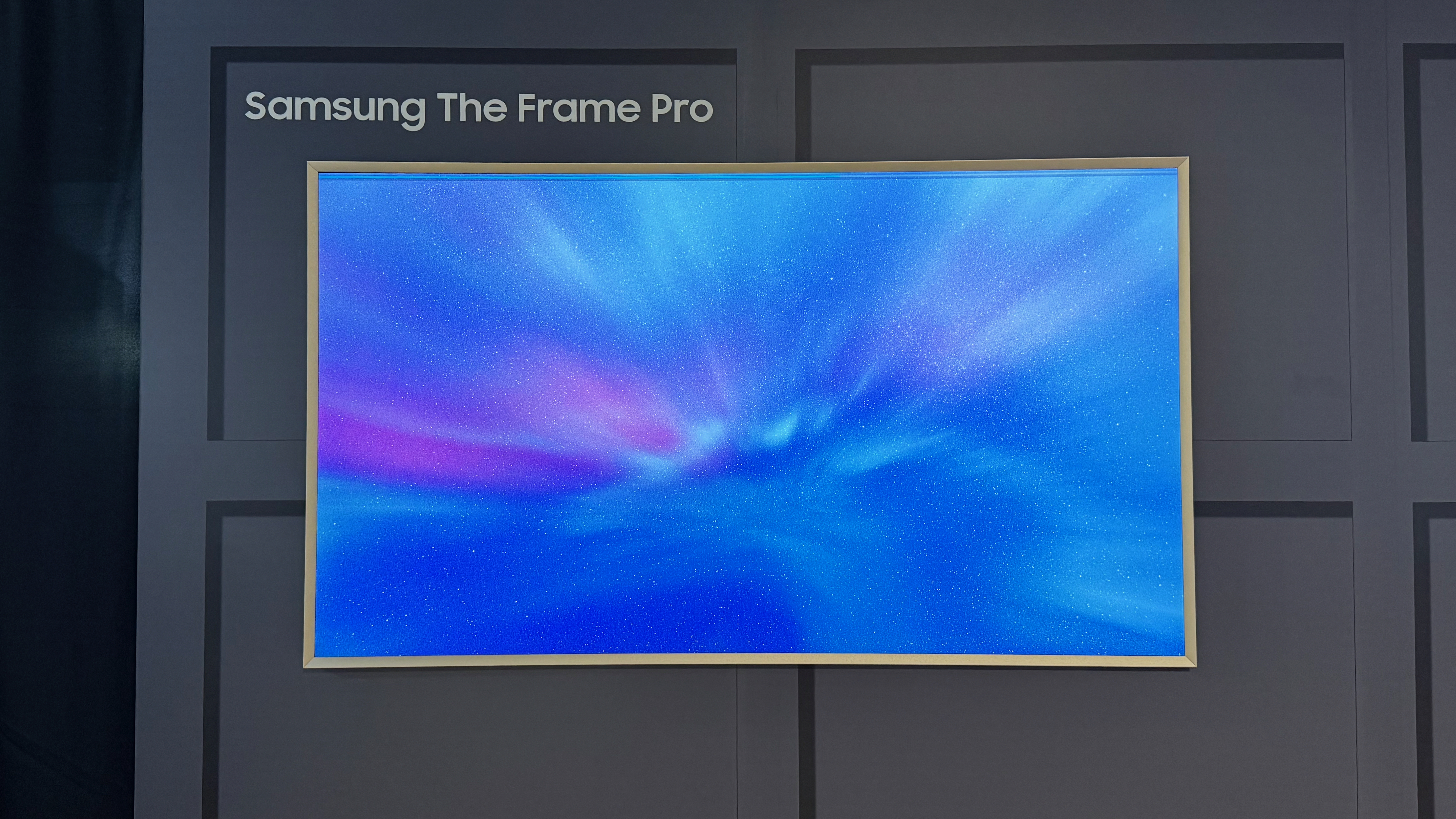
























































































































































![[The AI Show Episode 146]: Rise of “AI-First” Companies, AI Job Disruption, GPT-4o Update Gets Rolled Back, How Big Consulting Firms Use AI, and Meta AI App](https://www.marketingaiinstitute.com/hubfs/ep%20146%20cover.png)








































































































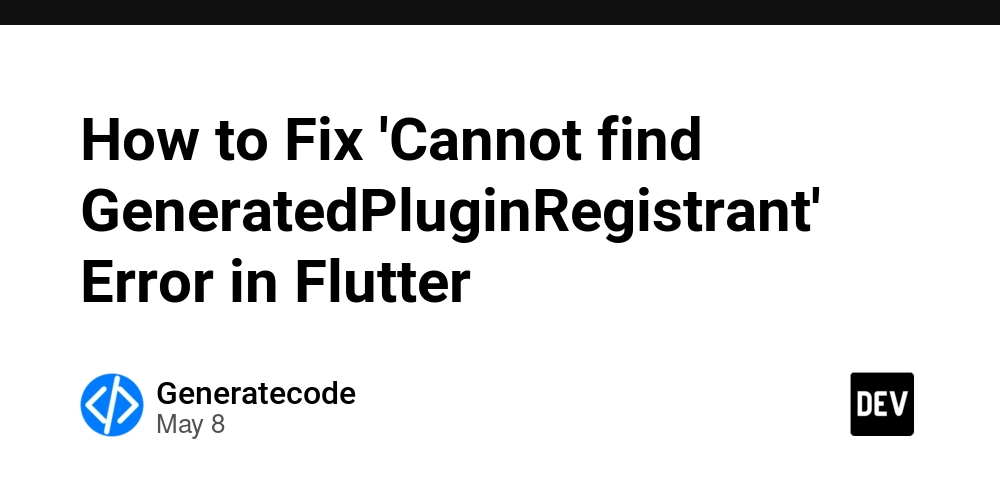

















![[DEALS] The Premium Python Programming PCEP Certification Prep Bundle (67% off) & Other Deals Up To 98% Off – Offers End Soon!](https://www.javacodegeeks.com/wp-content/uploads/2012/12/jcg-logo.jpg)


















































































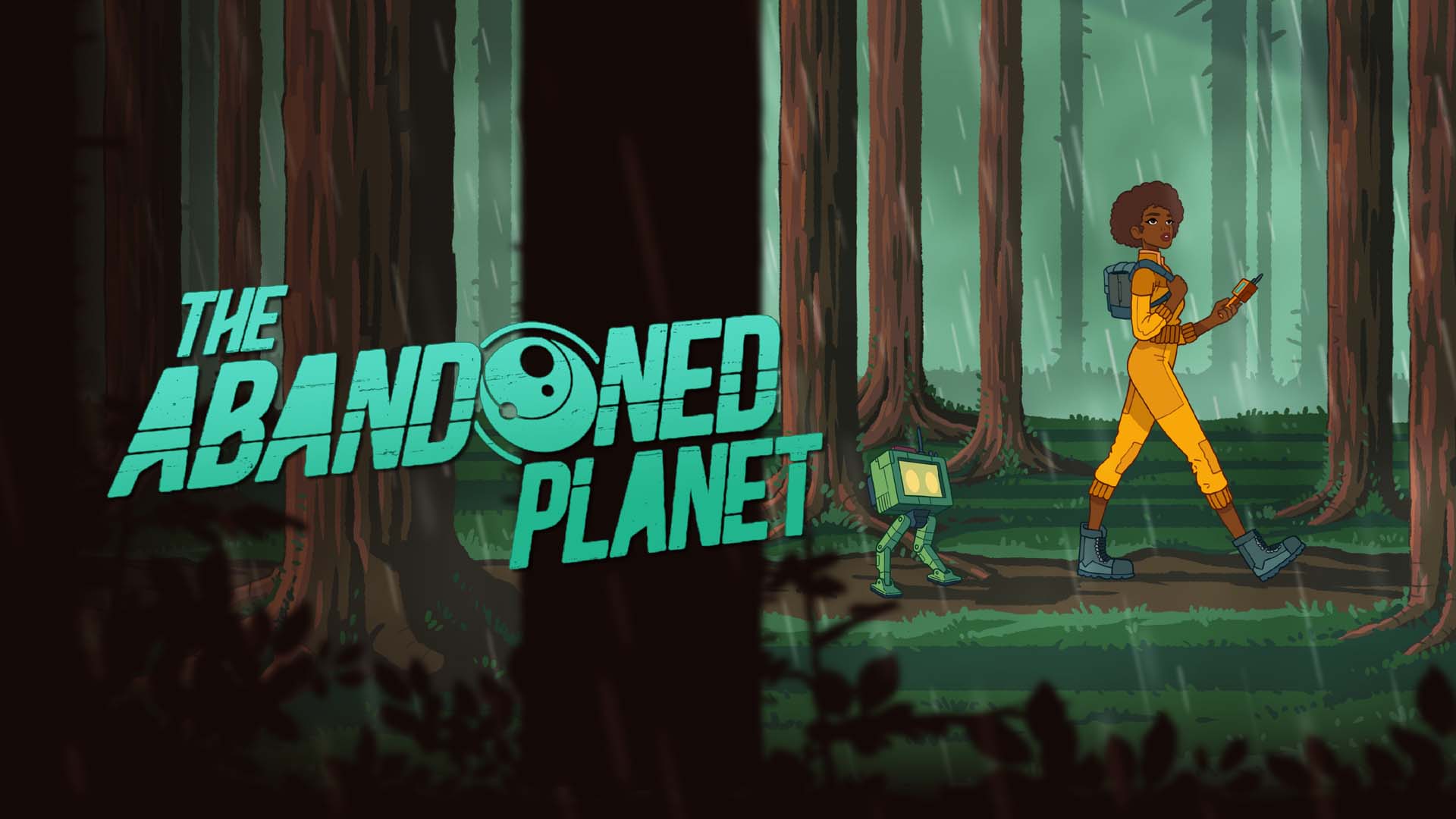



























































_Aleksey_Funtap_Alamy.jpg?width=1280&auto=webp&quality=80&disable=upscale#)
_Sergey_Tarasov_Alamy.jpg?width=1280&auto=webp&quality=80&disable=upscale#)

























































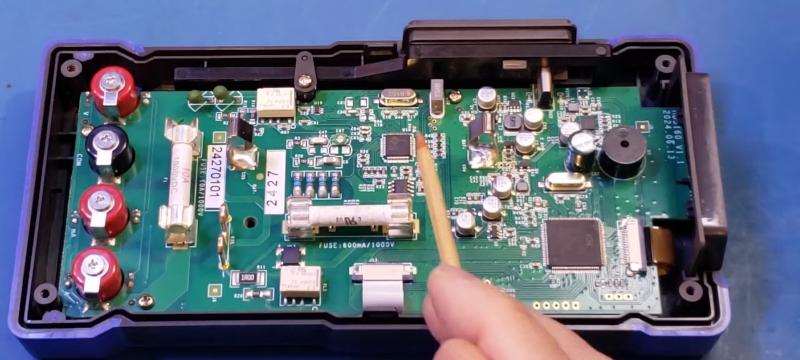


















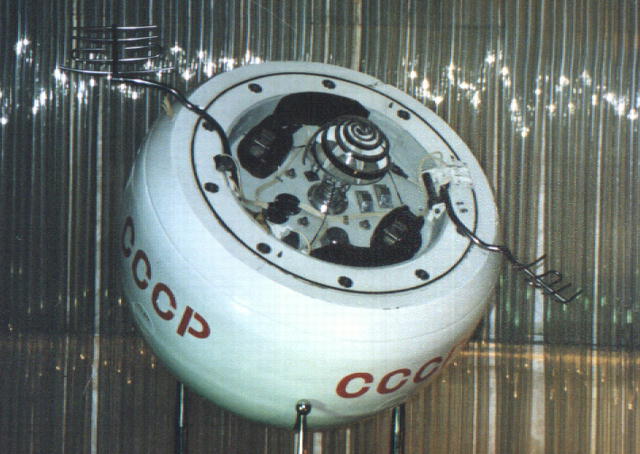








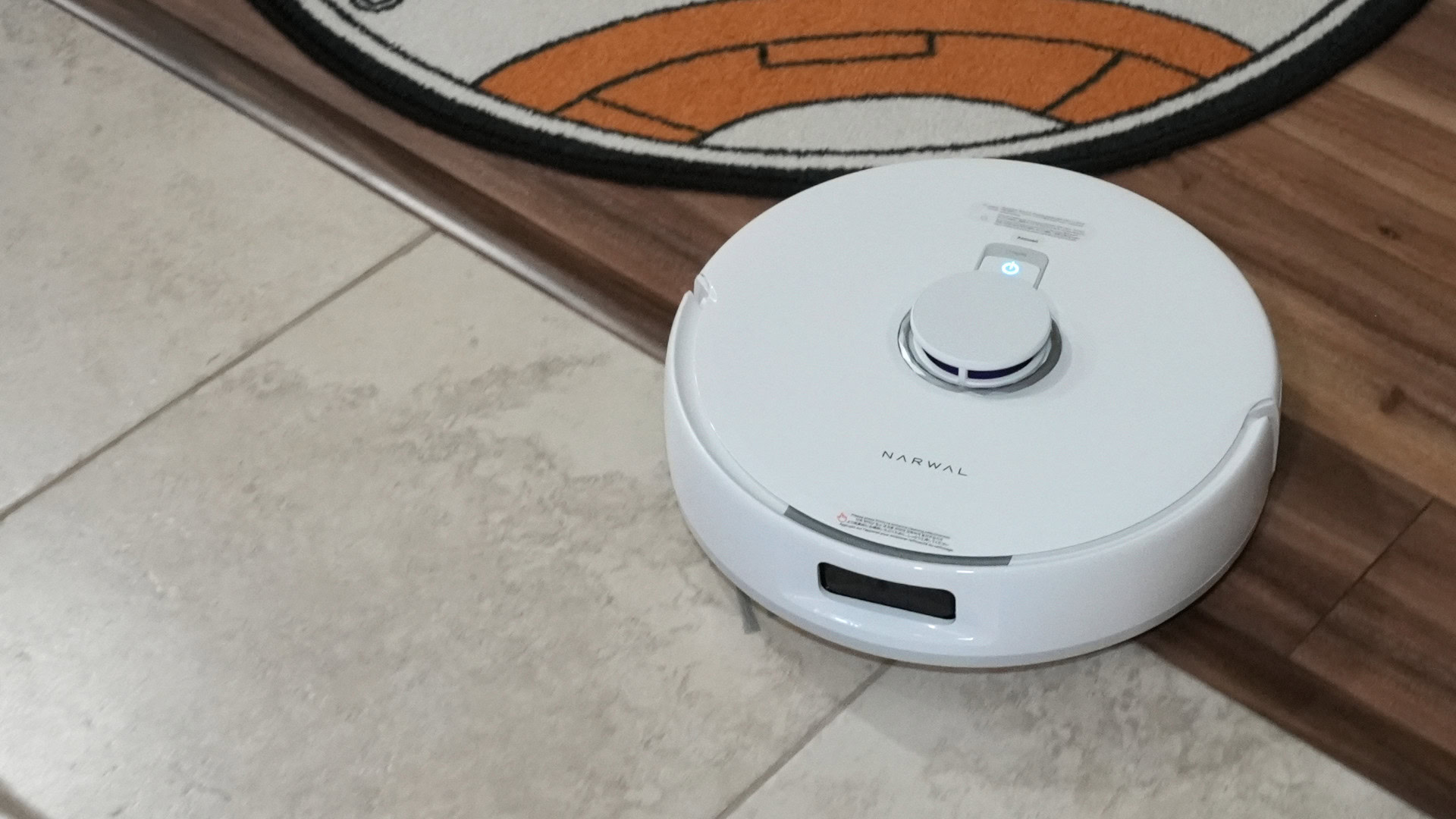





















![Apple Foldable iPhone to Feature New Display Tech, 19% Thinner Panel [Rumor]](https://www.iclarified.com/images/news/97271/97271/97271-640.jpg)
![Apple Developing New Chips for Smart Glasses, Macs, AI Servers [Report]](https://www.iclarified.com/images/news/97269/97269/97269-640.jpg)
![Apple Shares New Mother's Day Ad: 'A Gift for Mom' [Video]](https://www.iclarified.com/images/news/97267/97267/97267-640.jpg)
![Apple Shares Official Trailer for 'Stick' Starring Owen Wilson [Video]](https://www.iclarified.com/images/news/97264/97264/97264-640.jpg)



































































































